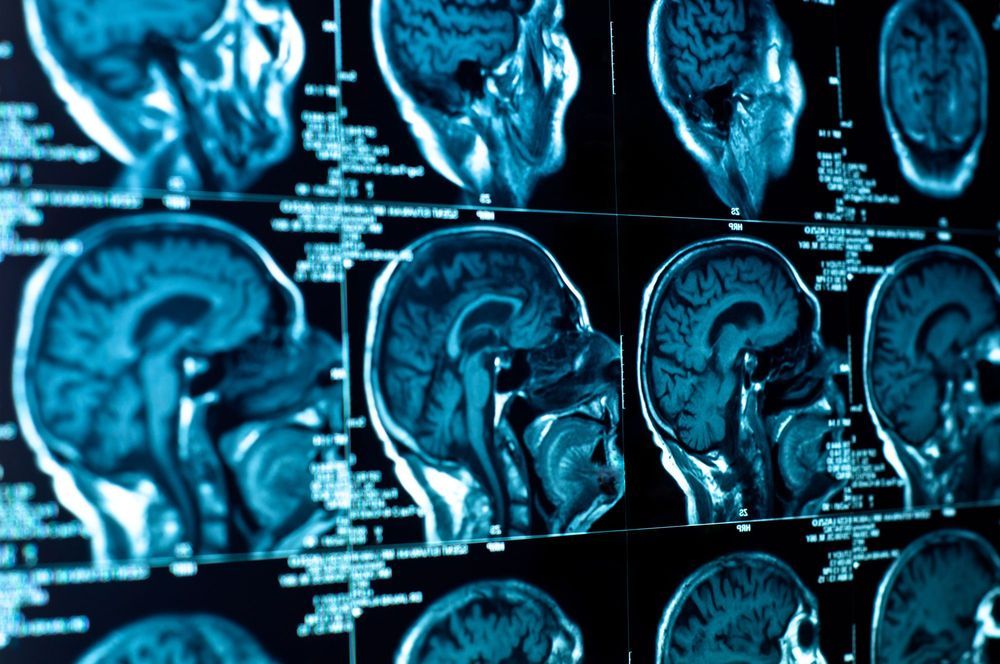Stem cells are a promising experimental treatment for a variety of diseases. Now researchers at the University of Wisconsin-Madison have found that transplanting neurons grown from stem cells into the brains of mice with Parkinson’s disease repaired the damaged brain circuits, improving the animals’ motor skills.
In people afflicted with Parkinson’s, neurons that produce dopamine begin to break down and die. The disease gradually presents as tremors, involuntary movements, and trouble with walking, speaking and other actions. While it currently can’t be cured, studies are suggesting new ways to slow progression and reduce severity of symptoms through new drugs or repurposed old ones, deep brain stimulation or probiotic treatments.
But an emerging and potentially ground-breaking treatment involves stem cells. In several studies, researchers have used stem cells to grow new dopamine-producing neurons, and then transplant them into animals. And now the UW-Madison team’s work has shown that doing so can help restore brain circuits damaged by Parkinson’s.
